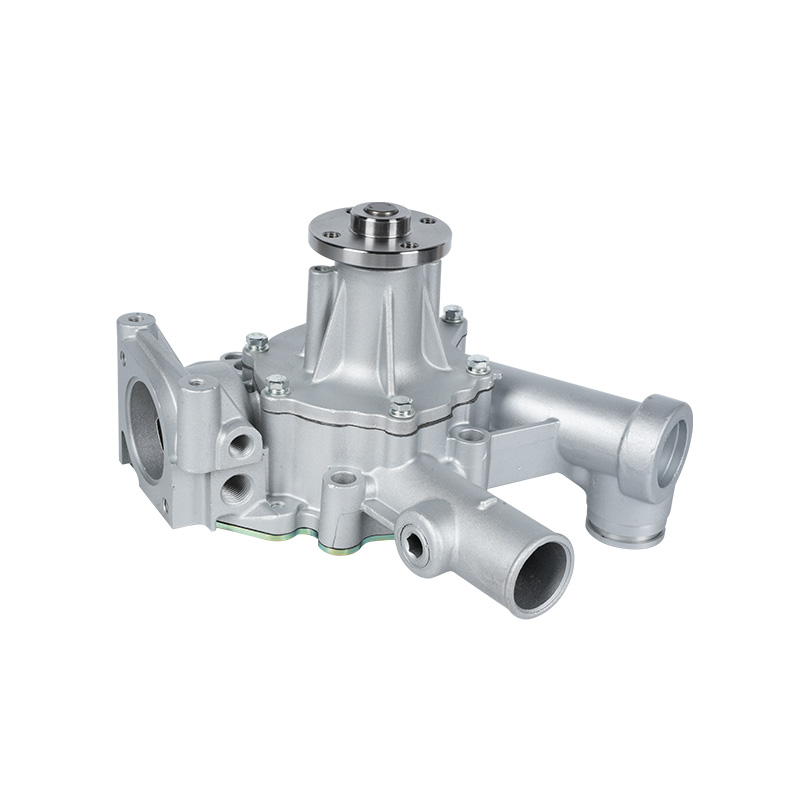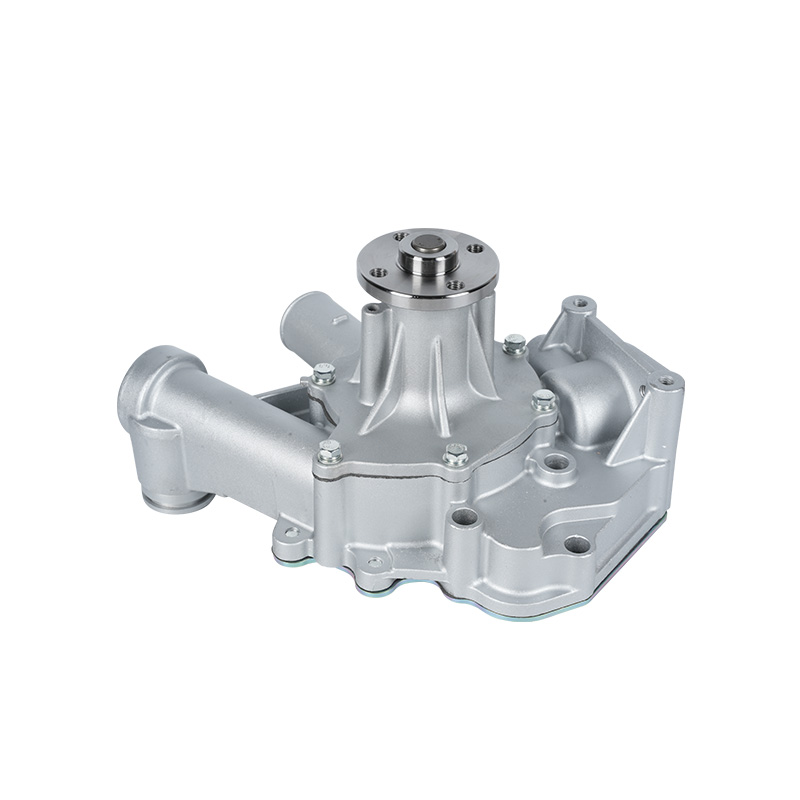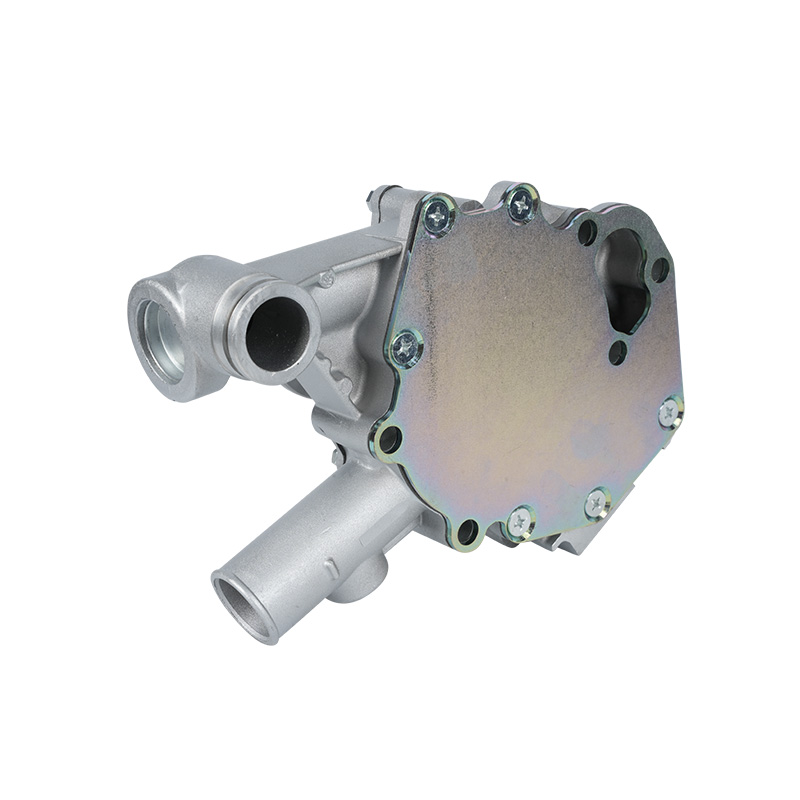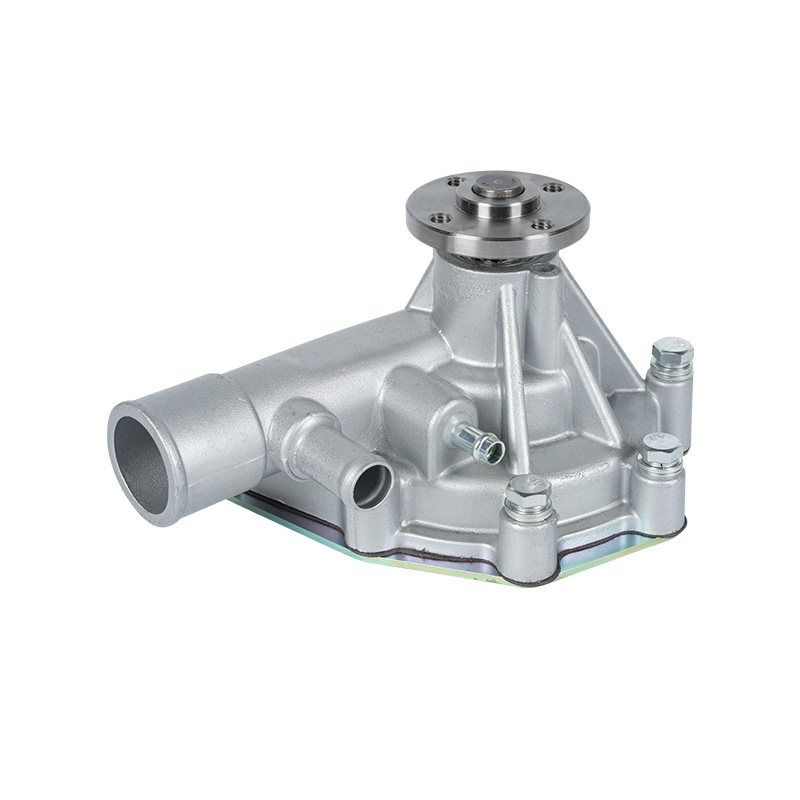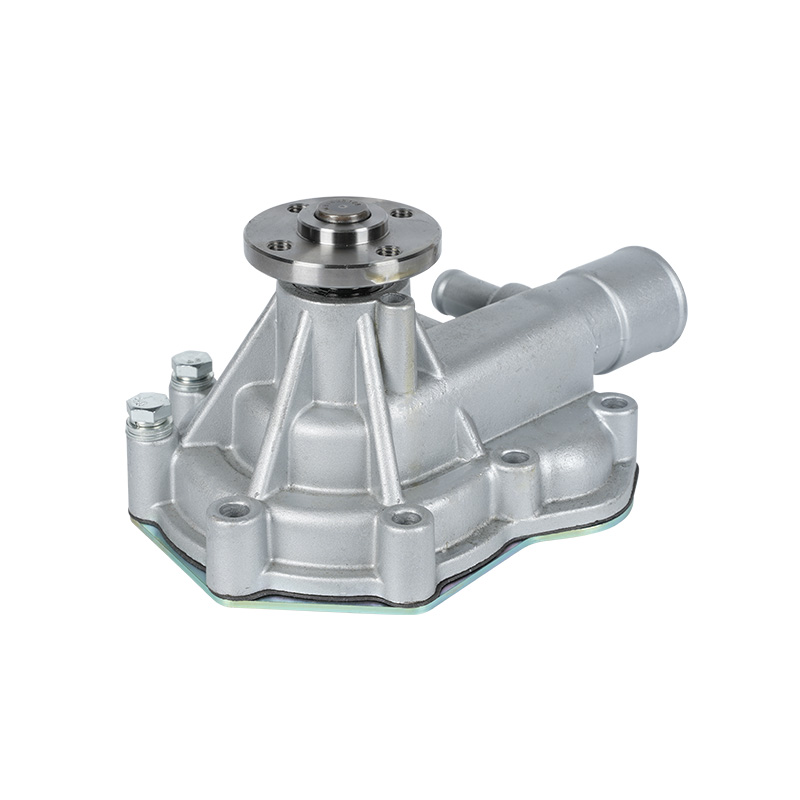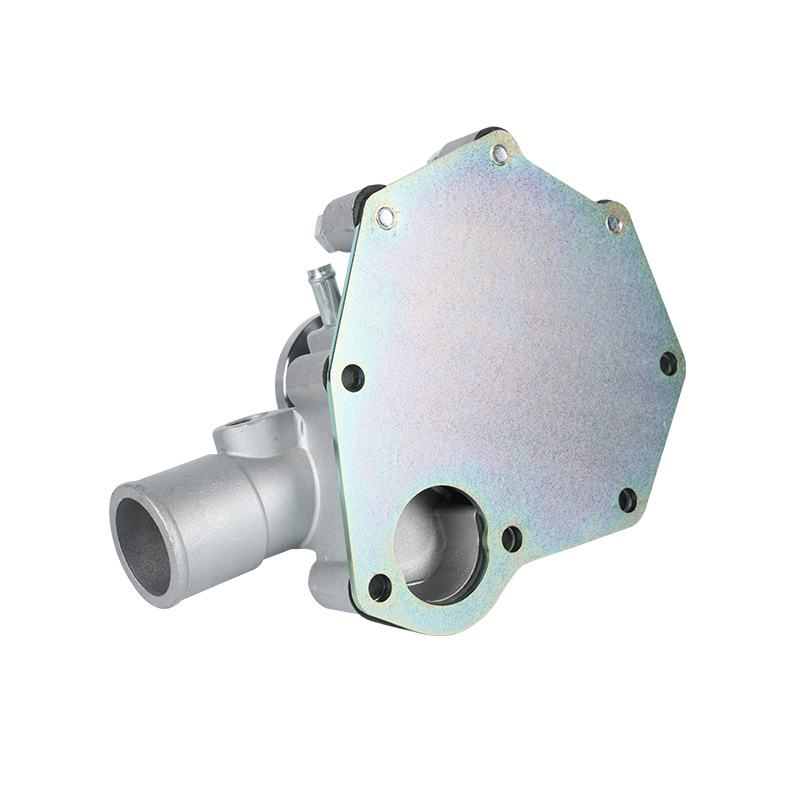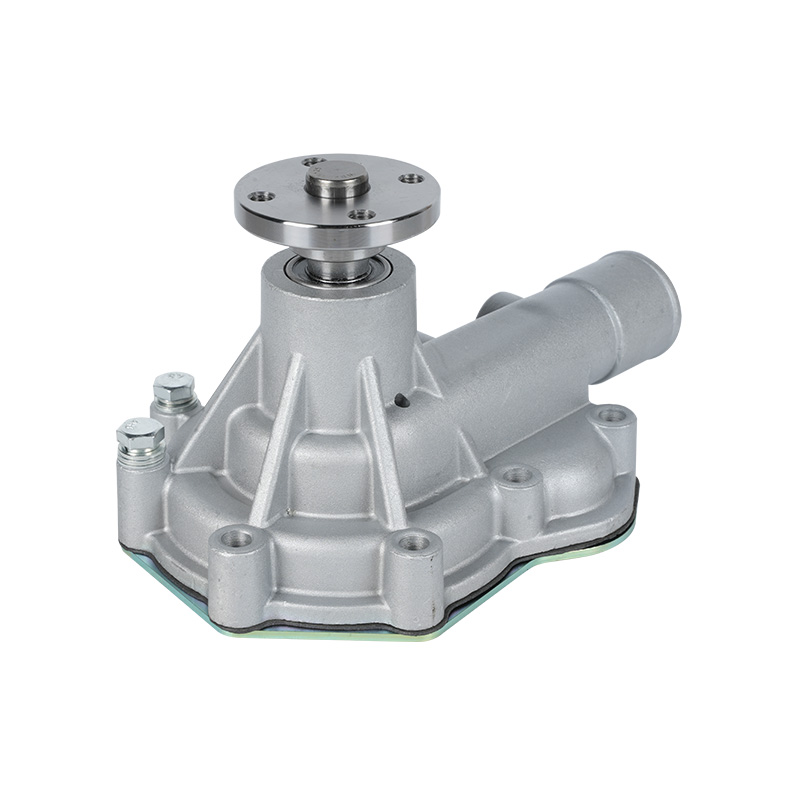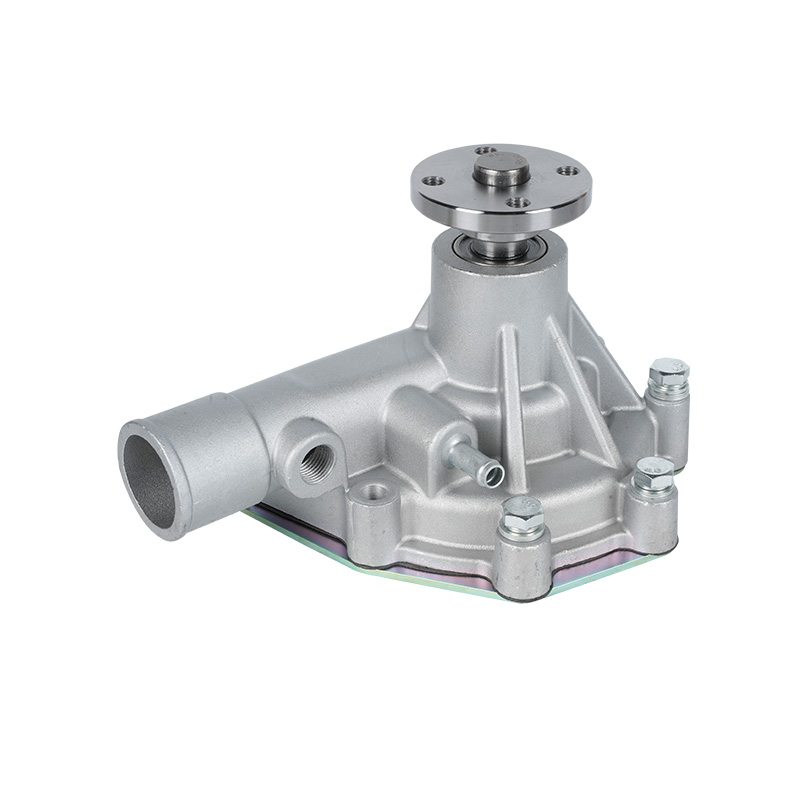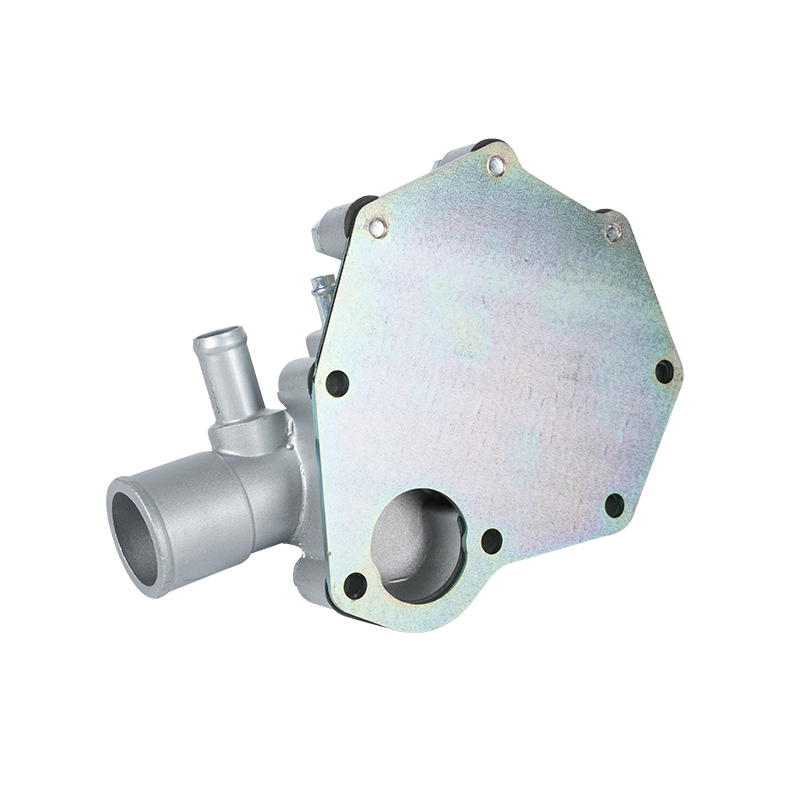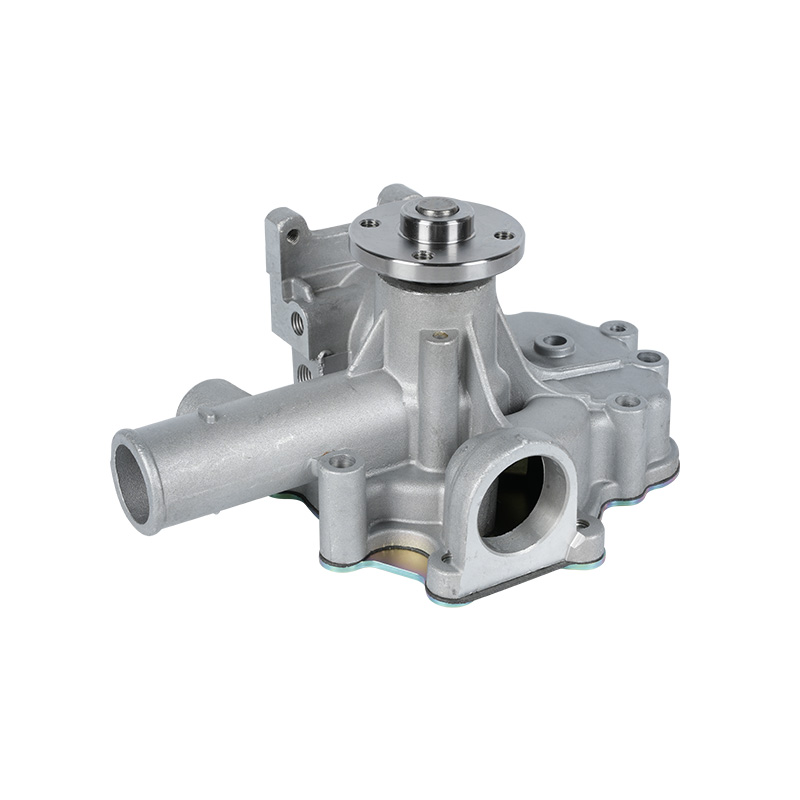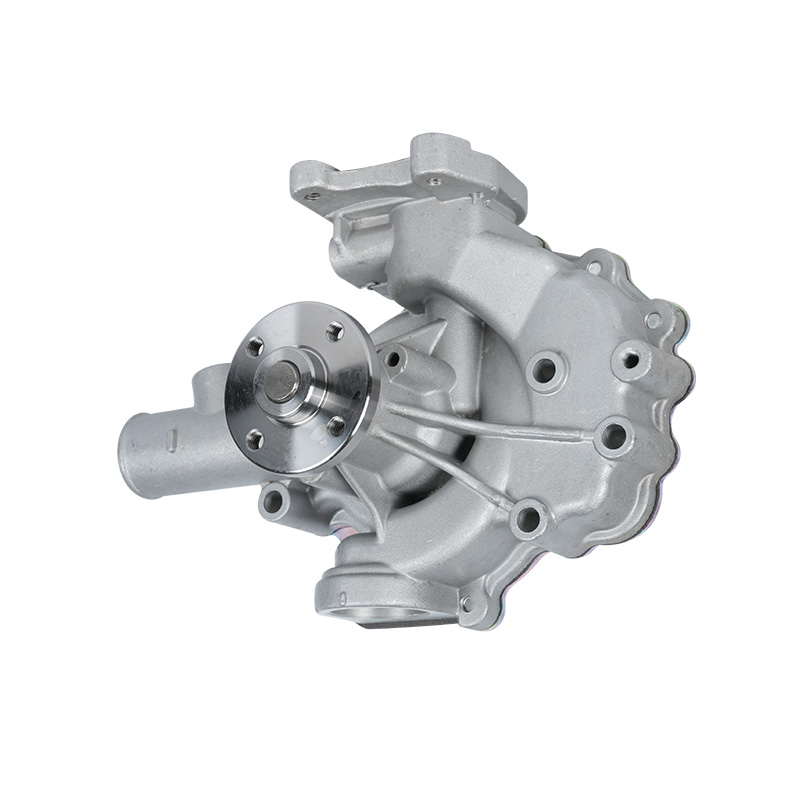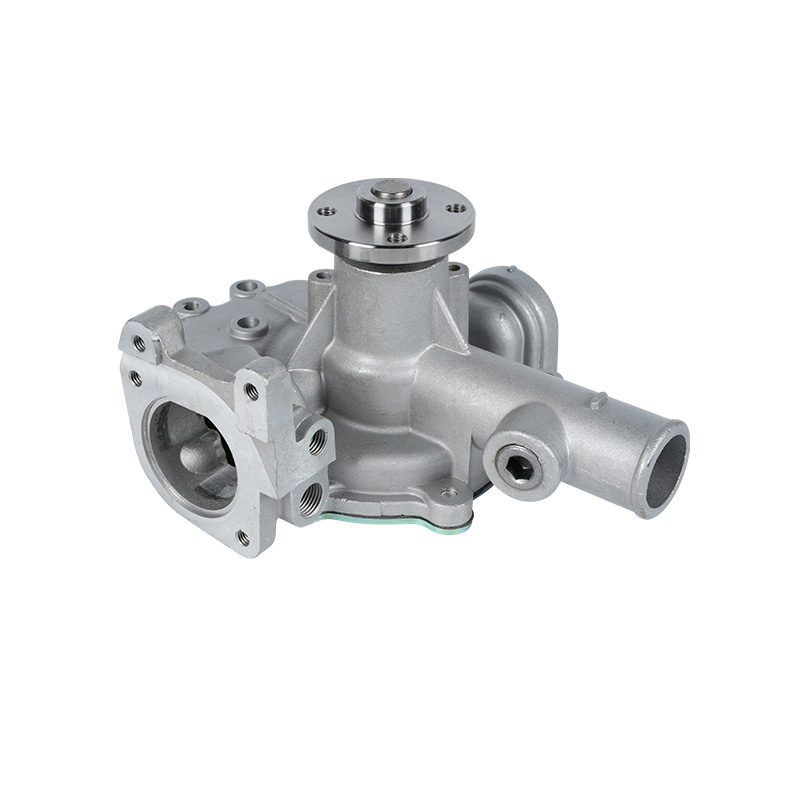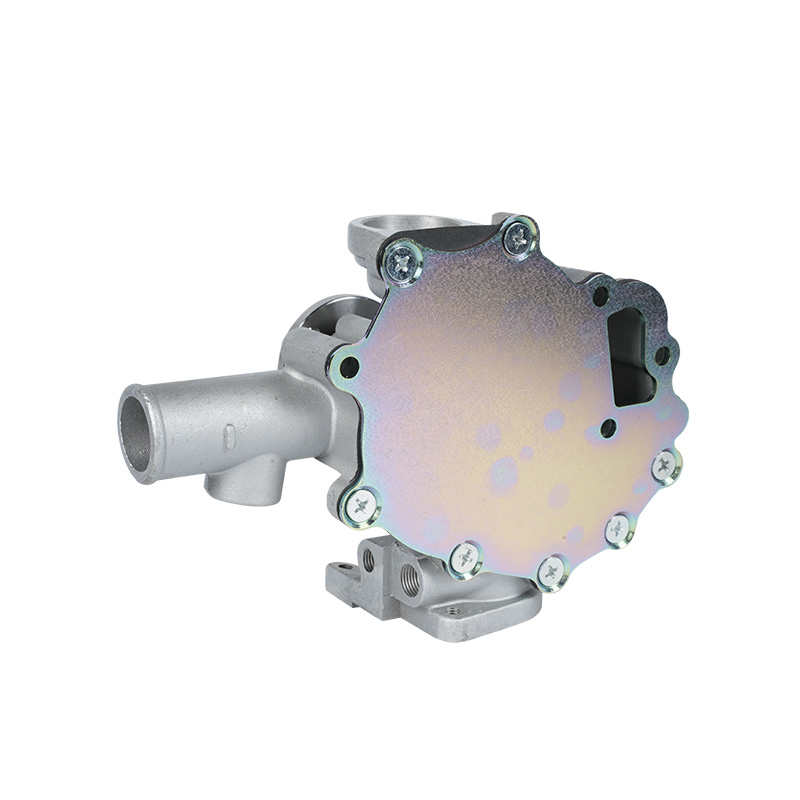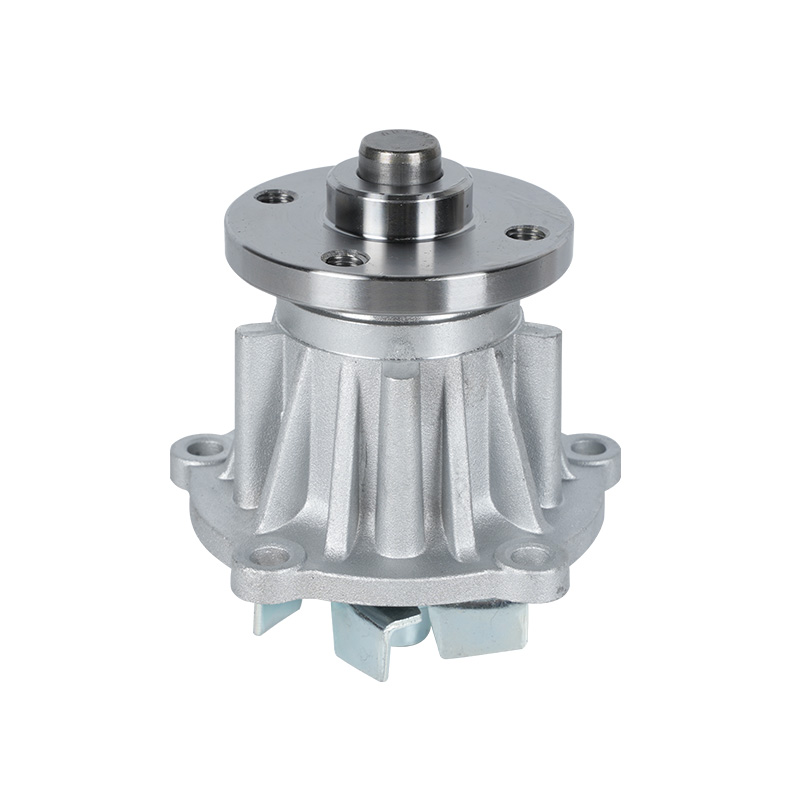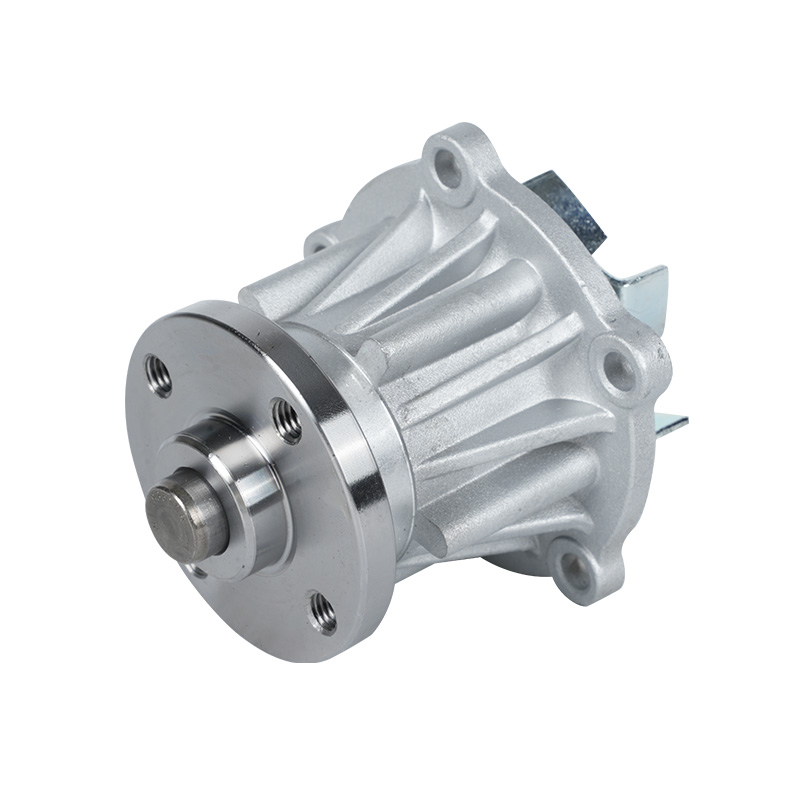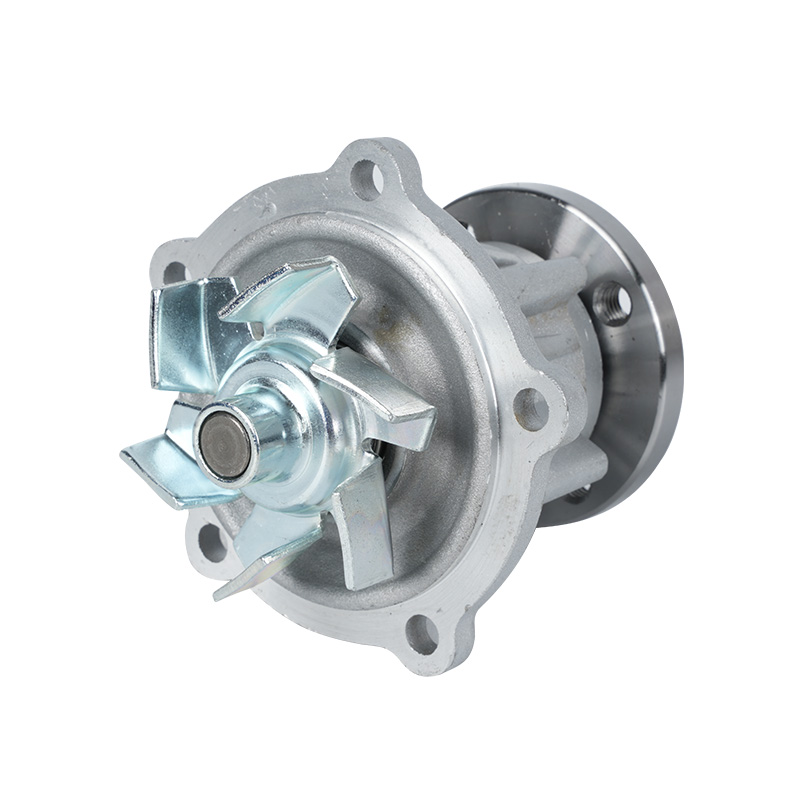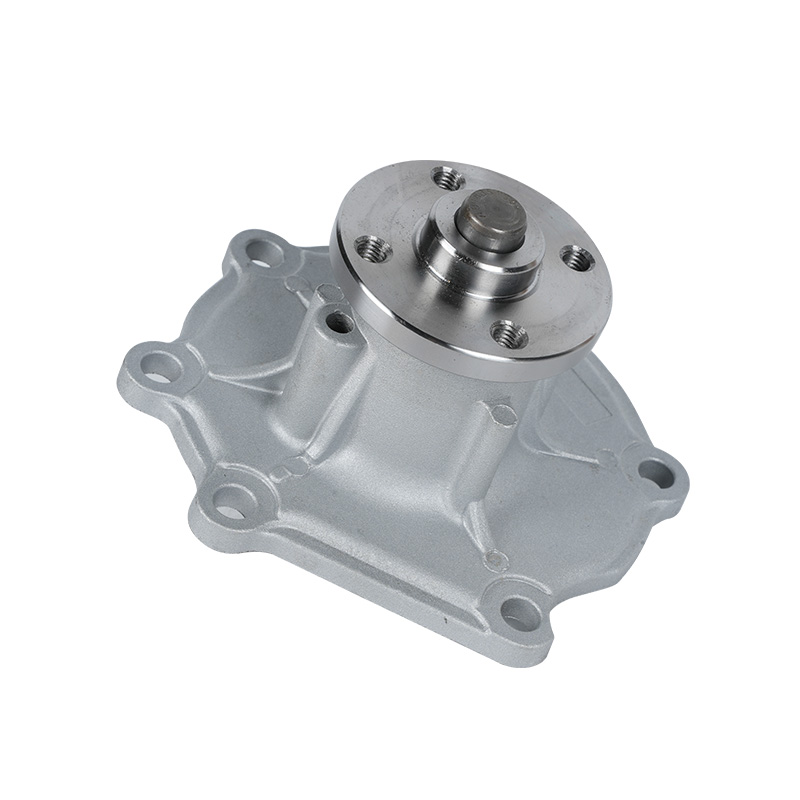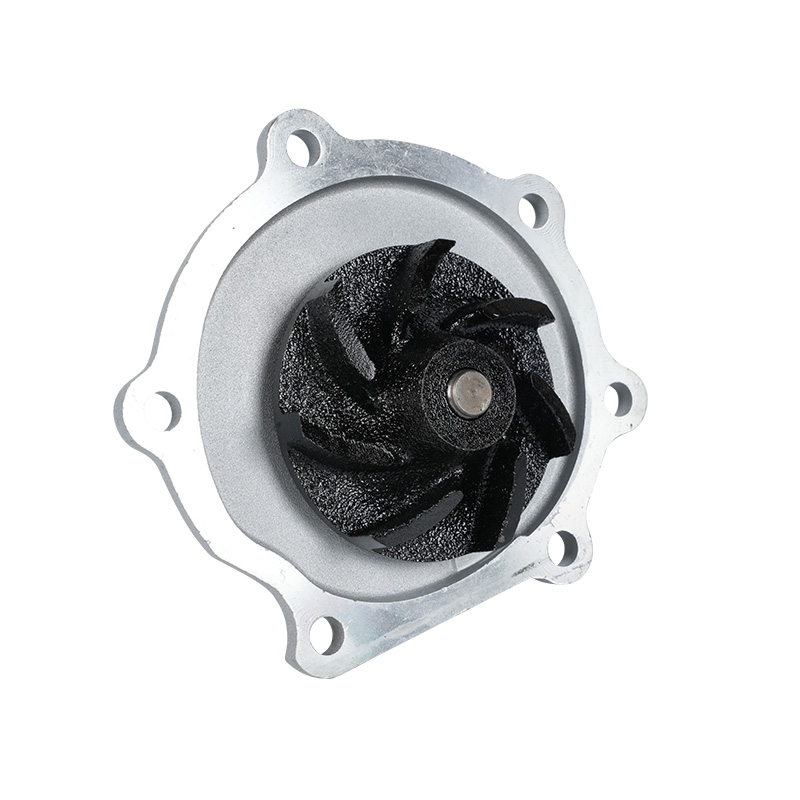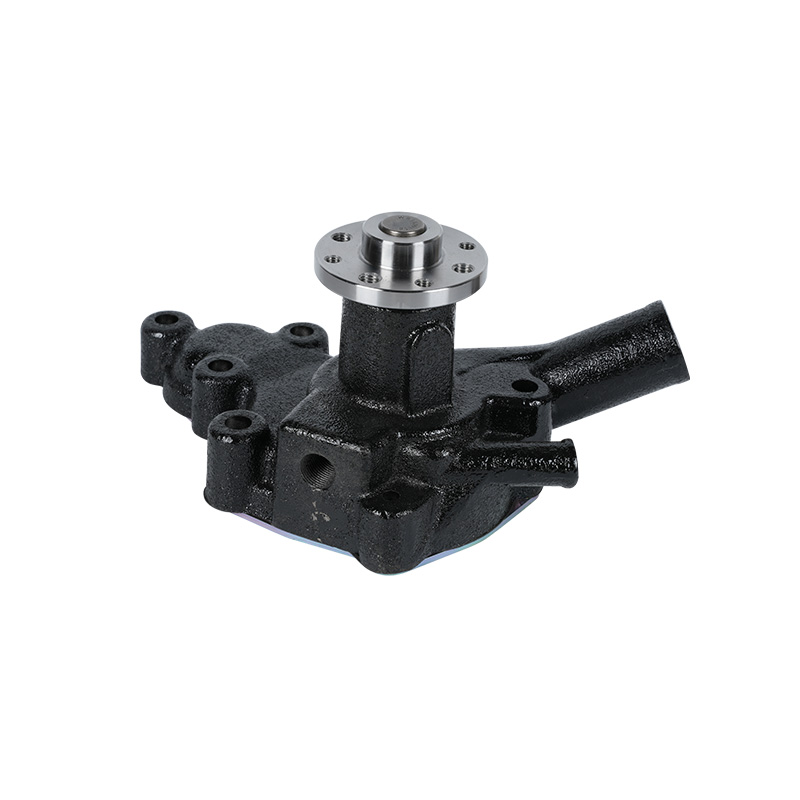The Power of Advanced Agricultural Water Pumps
The agricultural water pump has become an indispensable tool for modern farming operations, enabling efficient water distribution across fields of all sizes. Recent technological advancements in agricultural water pump systems are helping farmers worldwide optimize irrigation practices while conserving water resources and reducing energy consumption. These developments come at a critical time as the agricultural sector faces increasing pressure to improve productivity while addressing environmental concerns.
Agricultural water pump technology has evolved significantly from traditional designs to incorporate energy-efficient motors, smart controls, and durable materials suited for various farming conditions. Modern agricultural water pumps now feature improved hydraulic designs that improve water flow while small power requirements. Farmers report noticeable reductions in electricity costs after upgrading to newer generation agricultural water pump models, with some systems achieving up to 30% greater energy efficiency compared to conventional pumps.
The versatility of today's agricultural water pump solutions allows for adaptation to different water sources and irrigation methods. Whether drawing from wells, rivers, or storage ponds, these pumps maintain consistent performance to support drip irrigation, sprinkler systems, or flood irrigation techniques. Manufacturers have developed specialized agricultural water pump variants tailored to specific crops and field conditions, giving farmers more precise control over water delivery. This customization capability proves particularly valuable in regions with water scarcity or unpredictable rainfall patterns.
Solar-powered agricultural water pump systems represent one of the many significant breakthroughs in sustainable farming technology. These systems eliminate reliance on grid electricity or diesel generators, making them ideal for remote farming locations. The latest solar agricultural water pump models incorporate efficient photovoltaic panels and advanced battery storage options, ensuring reliable operation even during cloudy periods. Government agricultural extension programs in several countries now promote solar agricultural water pump adoption through subsidy initiatives, recognizing their potential to transform irrigation in energy-poor regions.
Durability remains a key focus in agricultural water pump development, with manufacturers utilizing corrosion-resistant materials and robust construction techniques. Modern pumps demonstrate improved resistance to sand, silt, and other abrasive particles commonly found in agricultural water sources. These enhancements extend service life and reduce maintenance requirements, critical factors for farmers operating with limited technical support infrastructure. Some agricultural water pump models now feature self-cleaning mechanisms that prevent clogging from debris, significantly reducing downtime during crucial irrigation periods.
Smart technology integration represents another major advancement in agricultural water pump systems. Newer models can connect to weather stations, soil moisture sensors, and automated control systems to optimize irrigation schedules. These intelligent agricultural water pumps adjust water delivery based on real-time field conditions, preventing both under-watering and wasteful over-irrigation. Mobile app connectivity allows farmers to monitor and control their agricultural water pump systems remotely, providing exceptional convenience and water management precision.
The future of agricultural water management will undoubtedly see further refinement of pump technologies, with an emphasis on connectivity, sustainability, and adaptability to diverse farming conditions. As these systems become more sophisticated yet user-friendly, they empower farmers to make data-driven irrigation decisions that optimize both crop yields and resource utilization. The agricultural water pump's journey from simple mechanical device to smart farming solution illustrates how technological innovation continues to transform age-old agricultural practices for the better.



 English
English 中文简体
中文简体